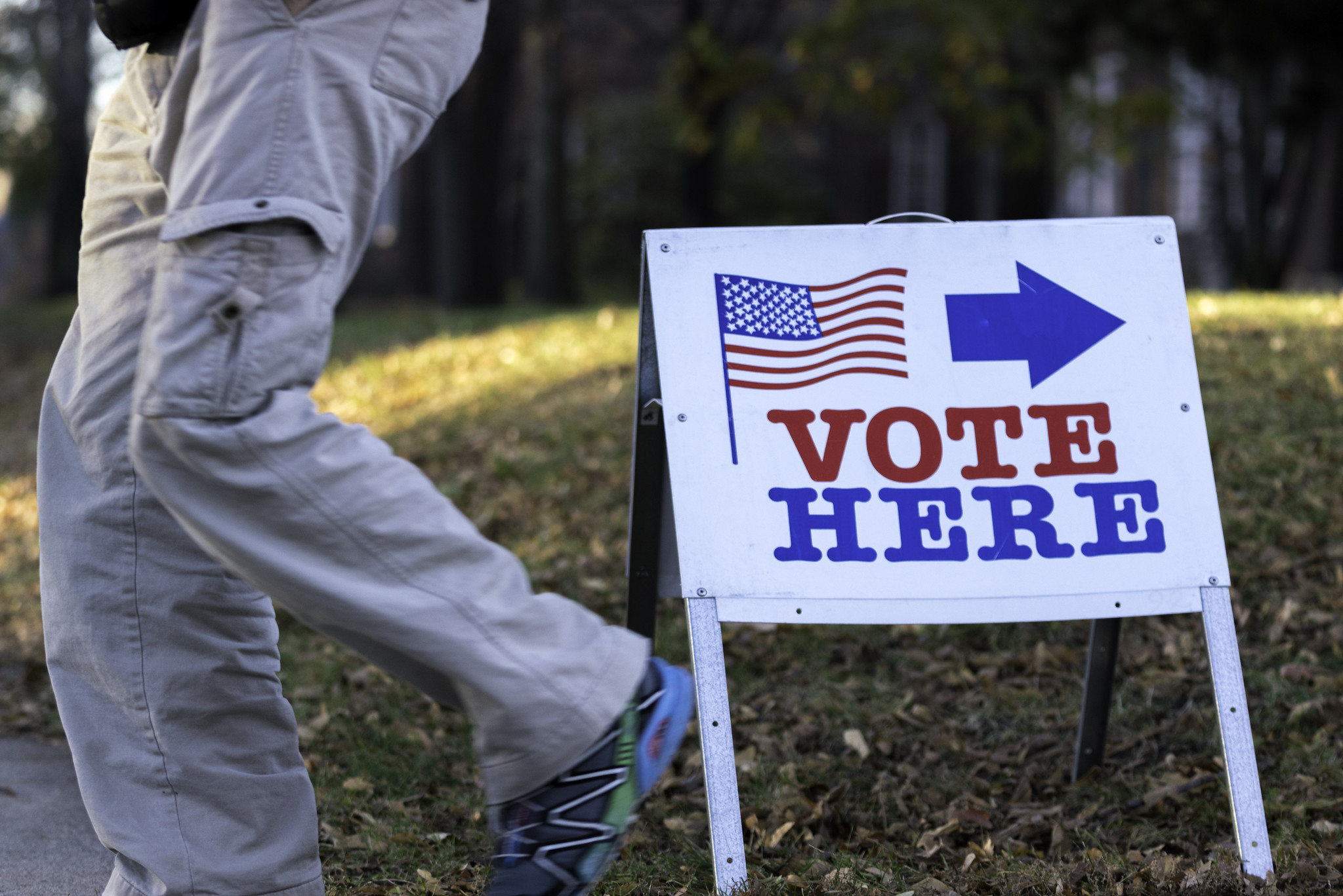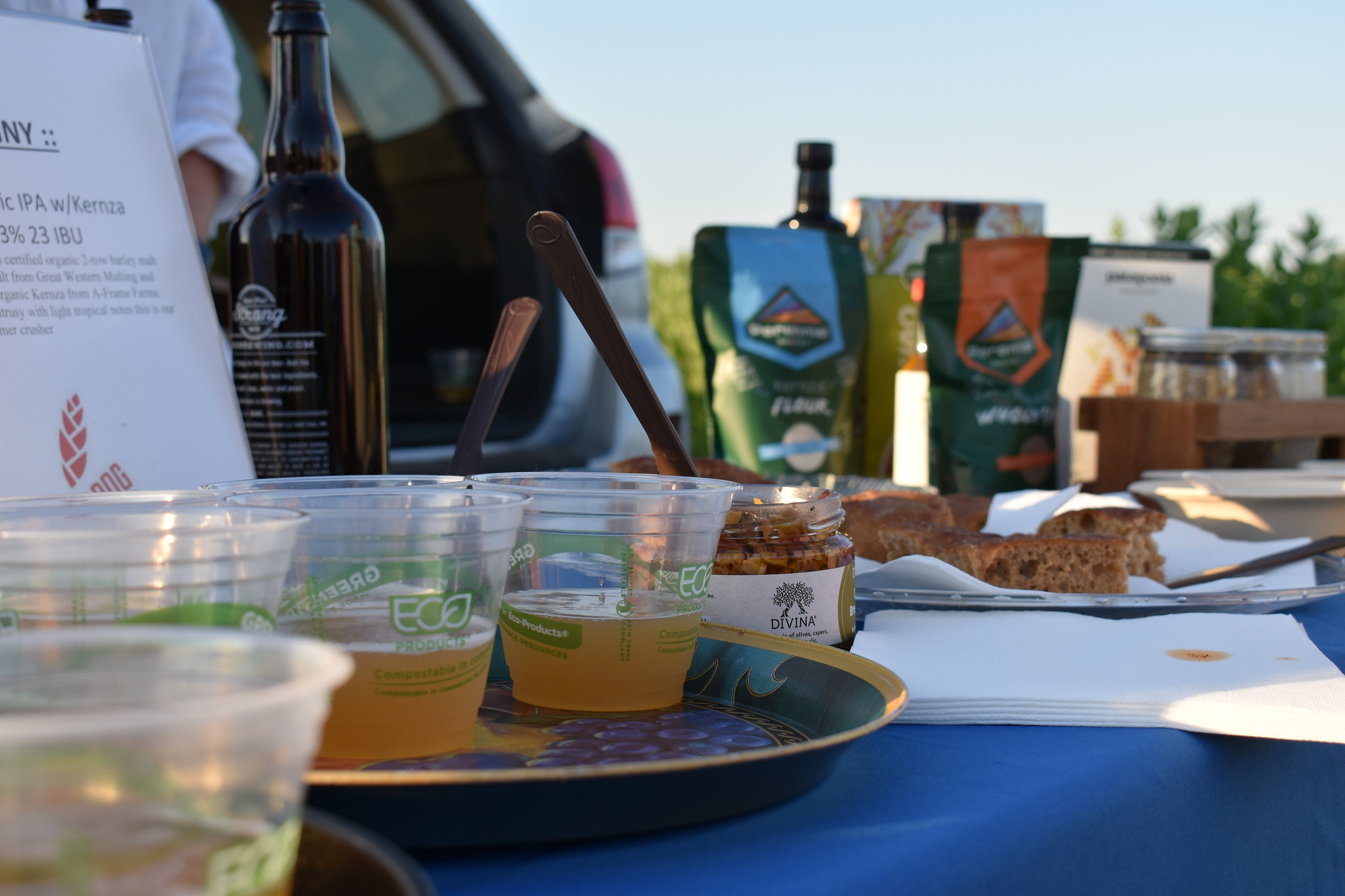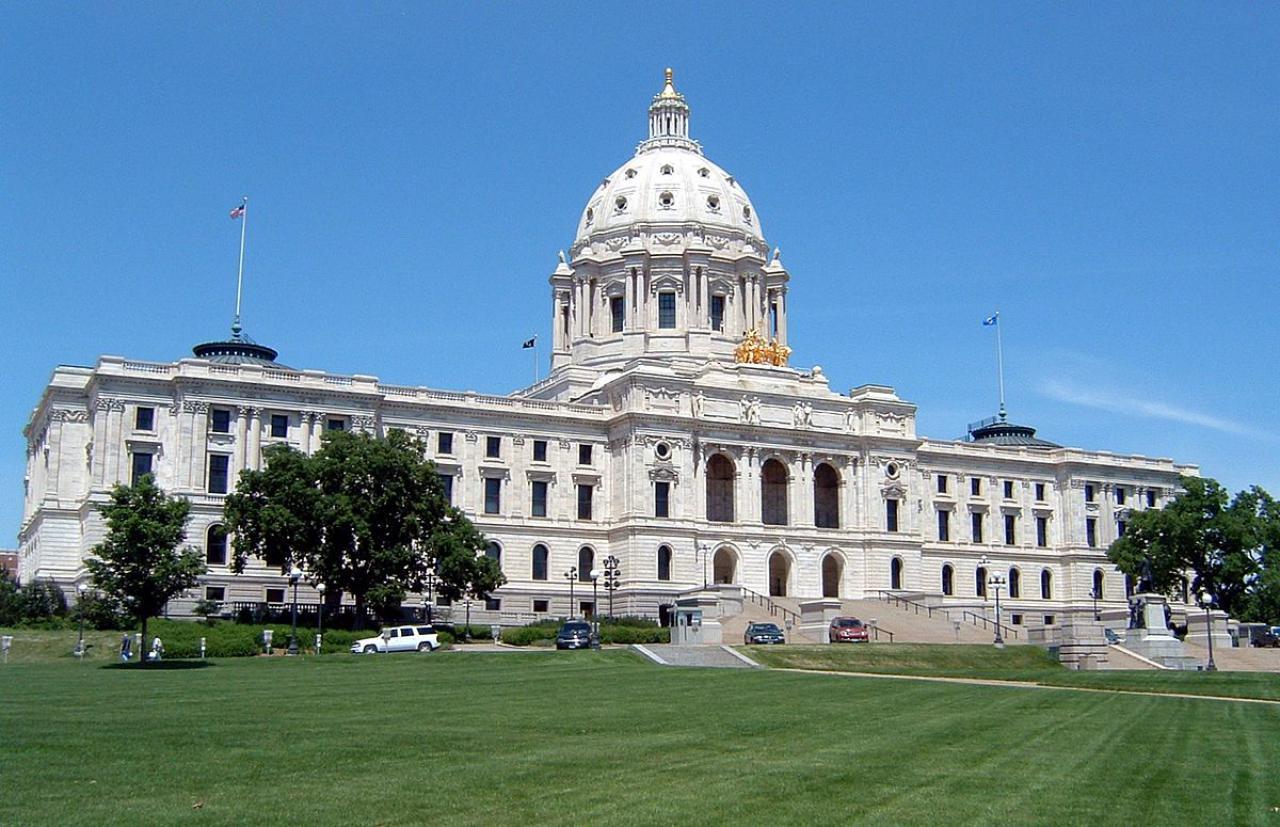What MN election results mean for FMR’s 2023 legislative priorities

The 2022 elections are mostly behind us, meaning we have a clearer picture of how FMR's legislative priorities may fare. (Photo by Lorie Shaull via Flickr)
You have no doubt seen the results of the 2022 midterm elections: A "red wave" that never materialized at the federal level, meaning another round of razor thin margins in U.S. Congress.
Most of FMR’s policy work, however, takes place at the state level, where Democrat-Farmer-Labor (DFL) candidates swept statewide offices and eked out slim majorities in both the Minnesota House and Senate, giving the party a "trifecta."
What do these state results mean for FMR’s work in the months ahead?
Our 3 top priorities probably won’t change much
Fortunately, several of FMR’s top priorities have earned bipartisan support from state legislators in recent years. We expect that to continue in the 2023 session. Our top priorities include:
1. Clean-water crops research
We hope to secure additional long-term base funding for the UofMN’s Forever Green Initiative. Teams there are producing the next generation of economically viable winter annual and perennial clean-water crops that reduce runoff pollution and habitat loss.
2. Clean-water crops business grants
Continuous living cover value chain grants (which FMR helped establish last session) can support processors, distributors and other businesses that are helping bring Forever Green crops to market. We hope more funding will be made available to take this initiative beyond the pilot stage.

Making grants available to businesses that use clean-water crops — including the food products seen here — is once again an FMR priority. (Photo by FMR)
3. Land conservation and restoration
FMR’s Land Conservation Program has five habitat restoration projects that have been recommended for funding from a pair of dedicated environmental funds. Given the relatively bipartisan nature of these dedicated fund processes, we anticipate these funds ($470,000 of which would be for FMR projects) to be appropriated by lawmakers regardless of majority party control.
More opportunities for environmental legislation?
Full control of the state Legislature and governor’s office, no matter the party, always reduces legislative friction. In this specific case, the expected DFL trifecta likely creates a favorable pathway for at least some environmental legislation.
That includes statewide lead service line replacement (long overdue); renewing the lottery dedication to the Environmental and Natural Resources Trust Fund, one of the largest sources of environmental funding in the state; stopping invasive carp while we still have a chance; and exploring the creation of a new Minnesota low carbon fuel standard.

The DFL will have a slim majority in both the Minnesota House and Senate at the state capitol during the 2023 legislative session.
Sources of uncertainty
While the state Legislature’s new makeup suggests the next two years offer the potential for more decisive action on environmental and natural resources bills, uncertainties remain. Several factors could impact the likelihood of certain bills passing, such as:
The Senate’s priorities
The DFL's razor-thin majority means it only takes one DFL senator to join with a unified GOP opposition to block legislation. The new Senate majority’s posture on environmental policy reforms and investments remains to be seen.
The budget forecast
While the state retained a record surplus from the last biennium, changing economic conditions will produce a new state budget forecast in November (followed by another update in February). The strength of those forecasts will set the tone for new spending and/or tax cut conversations.
Bonding bills
Investments in the state’s infrastructure, including wastewater and drinking water facilities, generally come through a bonding bill. However, it takes 60% of legislators in each chamber to pass a bonding bill, so the GOP retains significant leverage in any bonding negotiations.
Despite these uncertainties, we now have a clearer picture of how FMR’s priorities will likely be affected by these election outcomes. Over the coming weeks we will lay out our 2023 legislative priorities in more detail, and host both a gathering and social hour to highlight our path forward in the 2023 legislative session.
Become a River Guardian
Sign up and we'll email you when important river issues arise. We make it quick and easy to contact decision-makers. River Guardians are also invited to special social hours and other events about legislative and metro river corridor issues.